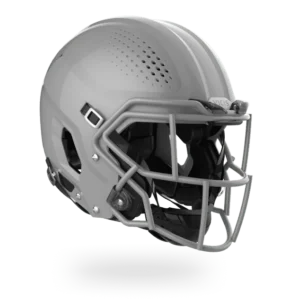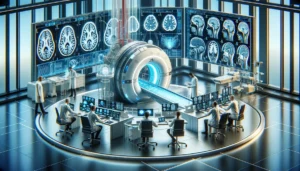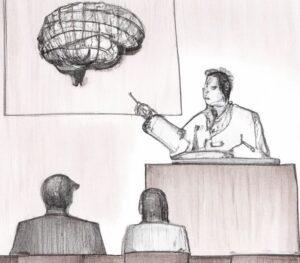Neurotrauma is an injury to the nervous system, particularly the brain and spinal cord. It’s a broad term that encompasses various types of injuries, including traumatic brain injury (TBI) and spinal cord injury (SCI). These injuries can be caused by external forces—such as in a fall, vehicle accident, sports injury, or violence—or by internal factors like stroke or aneurysms. However, these internal causes are often categorized separately from traumatic injuries.
Types of Neurotrauma
- Traumatic Brain Injury (TBI): This can range from mild concussions to severe brain damage. TBI is classified based on the severity, mechanism (closed or penetrating head injury), and extent of the damage.
- Spinal Cord Injury (SCI): Injuries that result in temporary or permanent changes in the spinal cord’s typical motor, sensory, or autonomic function.
Causes
- Falls: The leading cause of TBI, especially in older adults and young children.
- Motor Vehicle Accidents: A common cause of both TBI and SCI, particularly in adolescents and adults.
- Violence: Gunshot wounds, domestic violence, and other forms of assault can cause both TBI and SCI.
- Sports Injuries: High-impact or extreme sports can lead to neurotrauma, with specific activities posing higher risks.
Symptoms
Symptoms of neurotrauma can vary widely depending on the type and severity of the injury and can range from mild to severe. They might include:
- For TBI: Confusion, headaches, vision problems, memory loss, difficulty with concentration, and mood changes. Furthermore, in severe cases, loss of consciousness or coma.
- For SCI: Loss of movement or sensation below the level of the injury, difficulty breathing, loss of bowel or bladder control, and changes in sexual function.
Treatment and Recovery
Treatment for neurotrauma depends on the severity and type of injury. It might include:
- Immediate Medical Care: To stabilize the patient, which might include surgery to relieve pressure in the brain for TBI or to stabilize the spine in the case of SCI.
- Rehabilitation: Physical therapy, occupational therapy, speech and language therapy, and psychological support are crucial for recovery and adaptation to changes.
- Ongoing Support: Many individuals with significant neurotrauma will require long-term medical and supportive care, including adaptations for mobility and daily living and support for returning to work or school if possible.
Prevention of Neurotrauma
Preventive measures include wearing helmets while biking or playing certain sports, using seat belts and appropriate child safety seats in vehicles, fall prevention strategies for the elderly, and community programs to prevent violence.
Neurotrauma remains a significant public health challenge due to its potential for severe, long-lasting impacts on individuals’ physical, cognitive, and emotional well-being. Research continues to evolve in neuroprotection, rehabilitation strategies, and understanding the biological mechanisms underlying recovery.
References
Sewalt, C.A., Gravesteijn, B.Y., Menon, D. et al. Primary versus early secondary referral to a specialized neurotrauma center in patients with moderate/severe traumatic brain injury: a CENTER TBI study. Scand J Trauma Resusc Emerg Med 29, 113 (2021). https://doi.org/10.1186/s13049-021-00930-1 https://sjtrem.biomedcentral.com/articles/10.1186/s13049-021-00930-1
Coffeng, S.M., Jacobs, B., de Koning, M.E. et al. Patients with mild traumatic brain injury and acute neck pain at the emergency department are a distinct category within the mTBI spectrum: a prospective multicentre cohort study. BMC Neurol 20, 315 (2020). https://doi.org/10.1186/s12883-020-01887-x https://bmcneurol.biomedcentral.com/articles/10.1186/s12883-020-01887-x
Polinder S, Cnossen MC, Real RGL, Covic A, Gorbunova A, Voormolen DC, Master CL, Haagsma JA, Diaz-Arrastia R and von Steinbuechel N (2018) A Multidimensional Approach to Post-concussion Symptoms in Mild Traumatic Brain Injury. Front. Neurol. 9:1113. doi: 10.3389/fneur.2018.01113 https://www.frontiersin.org/journals/neurology/articles/10.3389/fneur.2018.01113/full *






